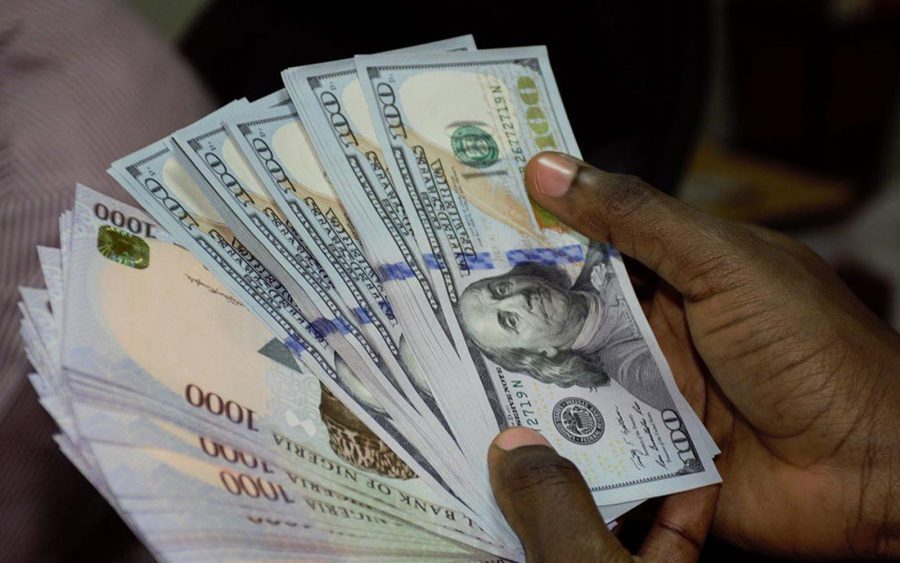British International Investment (BII), the UK’s Development Finance Institution (DFI) and impact investor, has announced a $60 million trade finance facility for Access Bank Plc in Nigeria and five of its pan-African subsidiaries.
The facility, it said, would strengthen import and export capabilities amongst local businesses and plug the foreign currency supply gap. The programme also deepens BII’s commitment to bolstering financing environments in fragile economies and supports Access Bank’s strategy to enable continental trade.
In a statement, BII said it estimated the loan programme would stimulate African trade volumes by $90 million.
“The agreement reinforces BII’s ongoing relationship with Nigeria’s largest commercial bank by assets and facilitates the provision of systemic liquidity during a period characterised by a challenging macroeconomic environment. Higher inflation and rising cost of capital have placed downward pressure on currency performance, both domestically and in the programme’s target markets of the Democratic Republic of Congo, Mozambique, Rwanda, Sierra Leone and Zambia. Intervention at this critical juncture underlines the key role of BII, and development finance institutions in general, in extending countercyclical support to build economic resilience,” it said.
- How ‘Hazy weather’ unsettles drivers, asthmatic patients in Maiduguri
- Thrills, booms as Kano celebrates Takutaha
Executive Director, African Subsidiaries at Access Bank, Seyi Kumapayi, remarked: “Access Bank is on a purposeful mission to scale intra-African trade and position the continent as a viable market for global trade. Hence, we are thrilled about the tremendous potential that this trade finance facility with the BII affords us across our pan-African subsidiaries. This strategic collaboration not only strengthens our import and export capabilities but also expands our resources to support local industries – especially women-owned businesses – and ultimately drives economic growth. By stimulating trade volumes, we will be playing a key role in fostering long-term economic resilience for the continent, while increasing its attractiveness for increased foreign investments.”

 Join Daily Trust WhatsApp Community For Quick Access To News and Happenings Around You.
Join Daily Trust WhatsApp Community For Quick Access To News and Happenings Around You.

